Female gorillas seek out old female friends while choosing a group, new study suggests
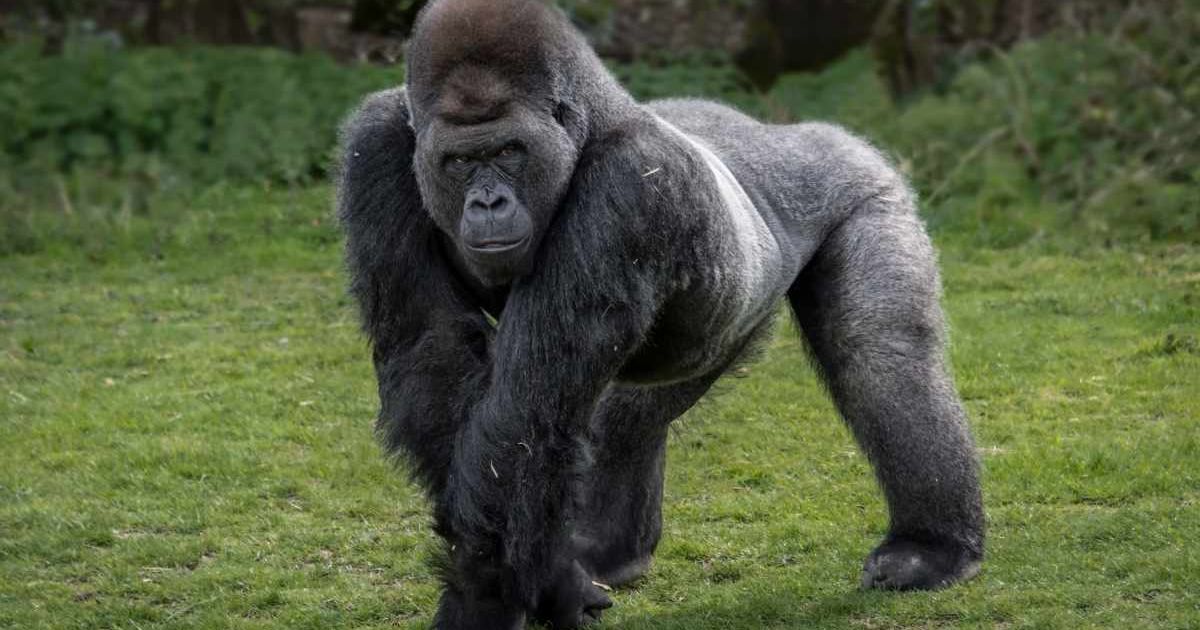
It seems that "girlhood" is just not limited to humans. It can also be found in gorillas. A new study indicates that female gorillas, while selecting groups they want to be part of, prioritize the past relationship they shared with the existing females of that group. This two-decade study was detailed in the journal Proceedings of the Royal Society B. Researchers believe that social benefit could be a reason behind this choice. Female gorillas find it easier to adjust to a new group if they have some prior bond with another female in the group. This study occurred in Volcanoes National Park, Rwanda.
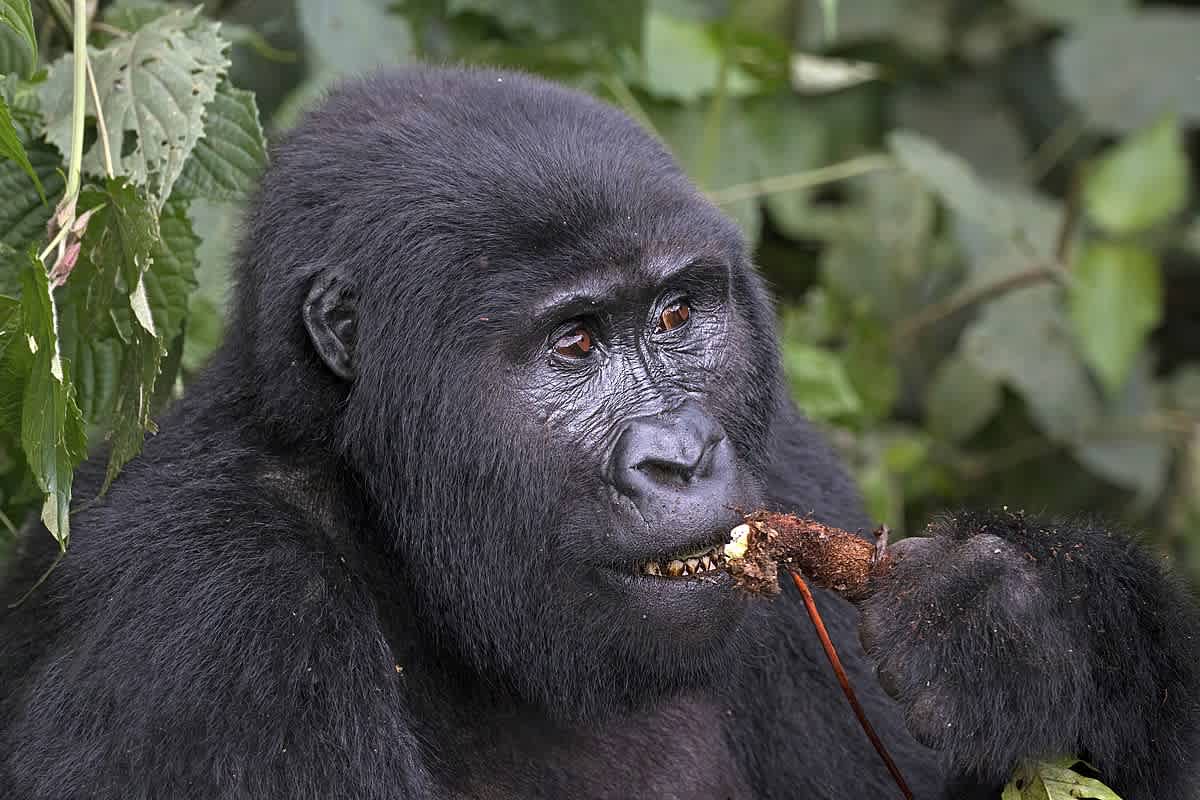
Importance of Dispersal
Both male and female gorillas participate in different groups throughout their lifetime, according to the BBC. Female gorillas are known to change their living group much more than their male counterparts. This phenomenon has been labeled "dispersal" by experts. It is extremely important for the sustenance of gorillas, as it prevents practices like inbreeding. Furthermore, it also enhances gene diversity and encourages stronger social relationships between different groups, decreasing the likelihood of scuffles. Researchers wanted to track these groups and understand the factors that made them choose a particular group or reject it.
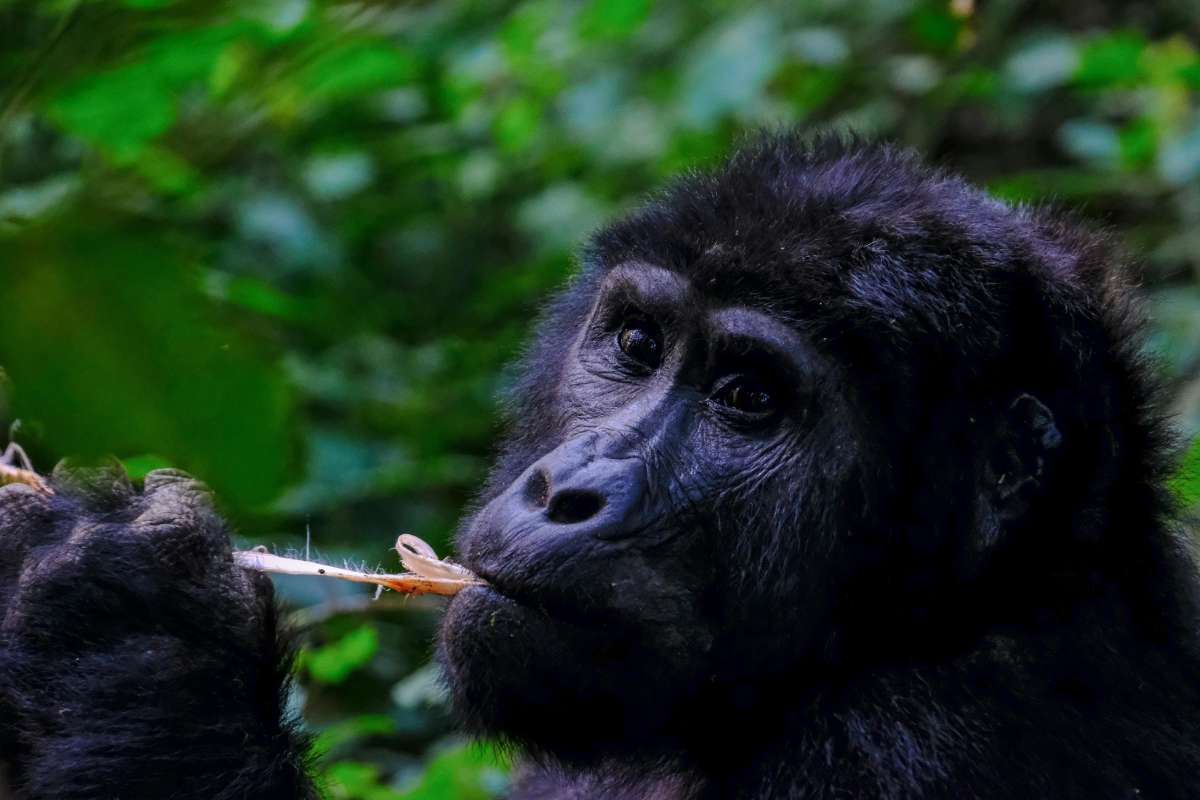
Past Female Companionship
For 20 years, researchers tracked the movement of several gorillas to see any common patterns in their choices, according to Phys.org. The study was centered around the movement of 56 female mountain gorillas in Volcanoes National Park. The data indicated that the selection was not random by any means, as past social experiences played a huge role in female gorillas choosing a group. They supposedly sought groups that contained females with whom they shared a past living experience. Time did not matter in this scenario, as even if the females had been apart for many years, female gorillas still considered each other in their decision-making.
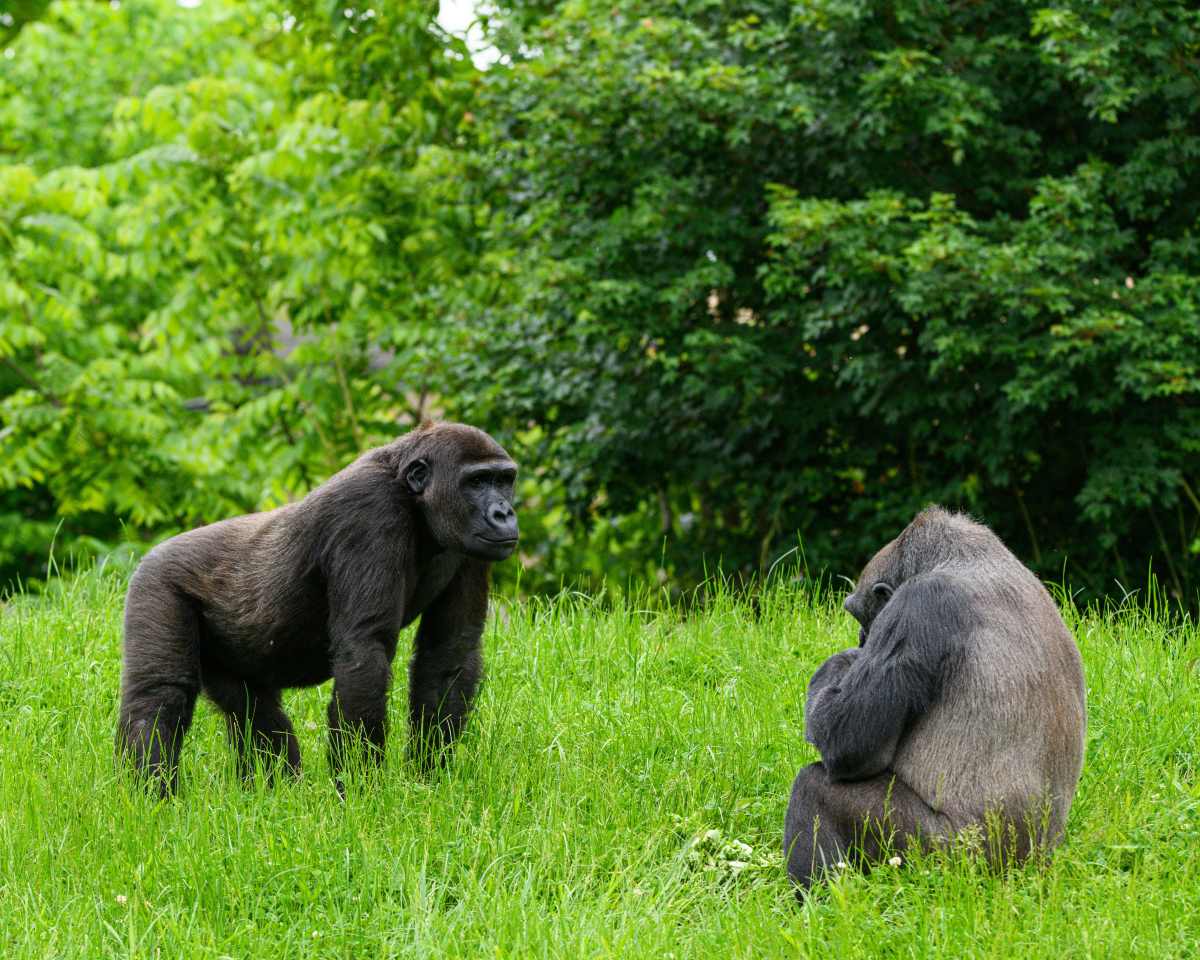
Dr. Robin Morrison, the study's senior author, believes that this factor is crucial for female gorillas, as it helps them not be at the bottom of the social hierarchy. There is a trust factor, due to which the female gorilla expects the companion to help her in fostering relationships within the group. Another possibility is that the female companion could be reflective of the quality of the group.
"It could also act like a recommendation from a friend—if a female they know has chosen to stay in this group, it could indicate positive things about the group as a whole or the dominant male leading that group," Morrison explained. The study also noted that female gorillas were most impacted by a female companion with whom they had spent five years together in the past or whom they had met in the last two years, while making their choice.
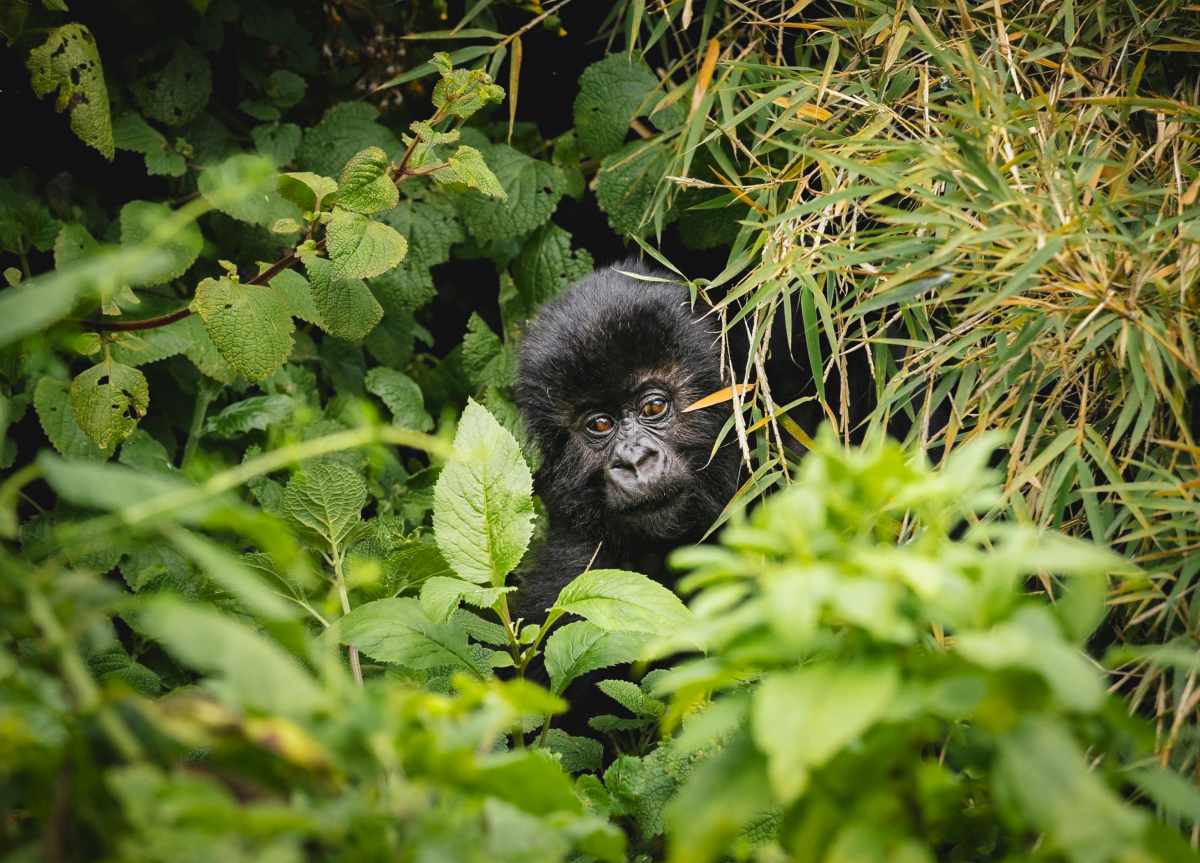
Social Experience with Males
The choice was not only influenced by familiarity with female members but also with males. Researchers found that female gorillas typically ignored groups that contained male gorillas with whom they grew up. Victoire Martignac, a Ph.D. student from the University of Zurich, believes that this was possibly done to avoid inbreeding. Female gorillas may not know with certainty the identity of their fathers, so they avoid anyone from their childhood altogether to prevent relationships with their relatives. Factors like sex ratio and group size did not matter much to the female gorillas. It means that even if females moved around, the relationships they established during their lifetime continued to influence their trajectory.